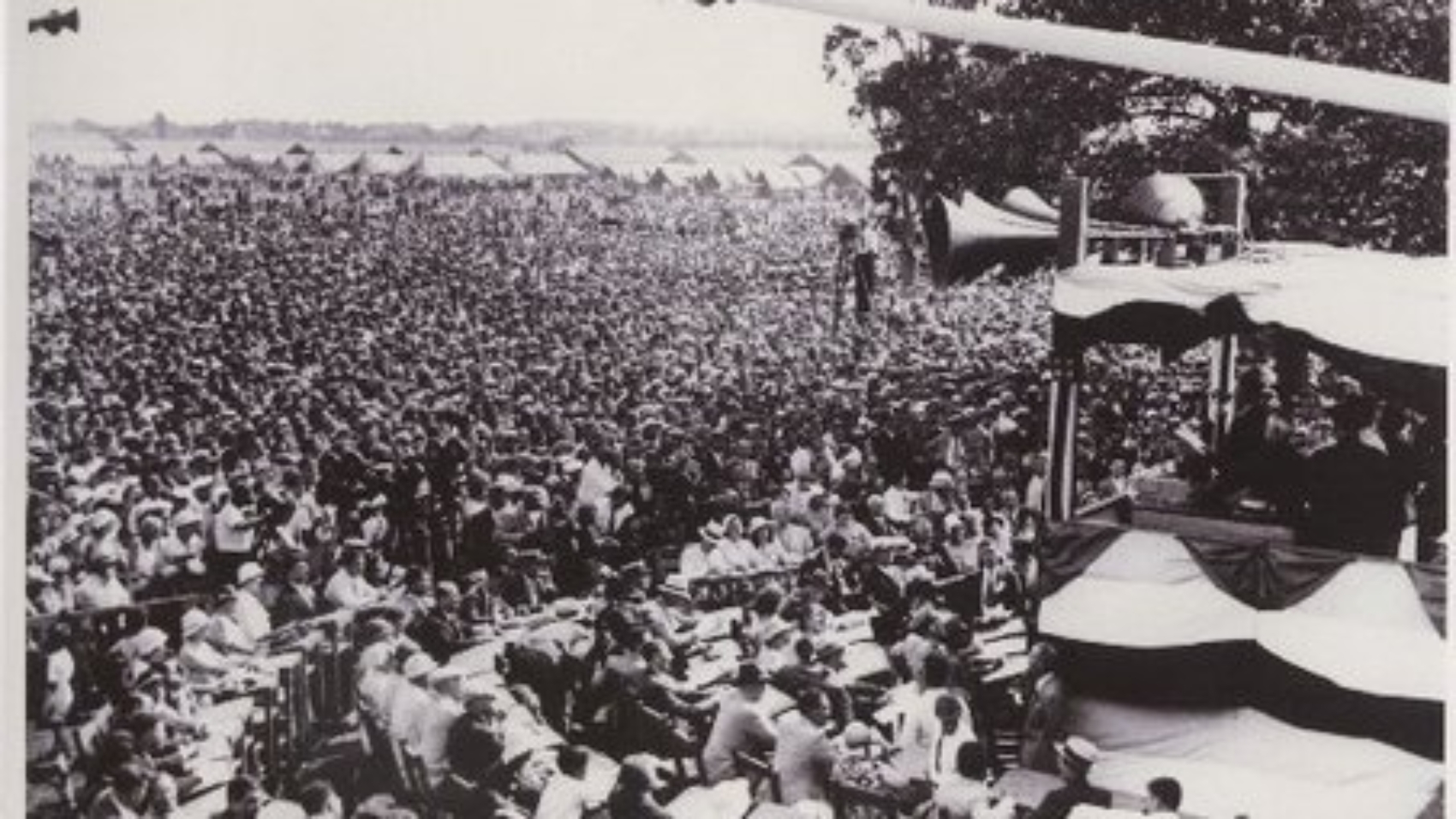New Jersey, often considered a microcosm of America due to its diverse population and economy, has a rich political history characterized by power struggles, reforms, and influential figures. The Garden State’s political landscape has evolved significantly over the years, influenced by its unique geography, socio-economic dynamics, and shifting party allegiances. This article delves into the evolution of political power in New Jersey, examining the key events, personalities, and trends that have shaped its political scene.
Early Political Foundations
New Jersey’s political roots trace back to its colonial period when it was governed by a mixture of proprietary colonies. The early political structure was characterized by localized governance, with significant power vested in town meetings and county governments. The influence of Quakers in West Jersey and Dutch settlers in the northern part of the state created a diverse political culture from the outset.
The 19th Century: Rise of Political Machines
The 19th century saw the rise of political machines in New Jersey, particularly in urban areas like Jersey City and Newark. These machines, often associated with corruption, played a crucial role in organizing voters and securing political loyalty. Figures such as Frank Hague, the powerful mayor of Jersey City from 1917 to 1947, exemplified the era of machine politics. Hague’s administration was notorious for its patronage system and control over local and state politics.
Despite their flaws, political machines contributed to the development of infrastructure and services in rapidly growing cities. They also played a role in integrating immigrant communities into the political process, albeit often through coercive means.
The Progressive Era and Reforms
The early 20th century brought significant political reforms in New Jersey, spurred by the national Progressive Movement. Reformers aimed to dismantle the entrenched power of political machines and promote transparency and accountability. Governor Woodrow Wilson, who served from 1911 to 1913 before becoming President of the United States, was a leading figure in this movement. Wilson’s administration implemented reforms such as primary elections, public utilities regulation, and labor protections.
Mid-20th Century: Shifts in Political Power
The mid-20th century witnessed shifts in political power as suburbanization transformed New Jersey’s demographics. The growth of suburbs diminished the influence of urban political machines and gave rise to new political actors. The Republican Party gained significant ground in suburban areas, challenging the Democratic dominance in cities.
Governors such as Alfred E. Driscoll (1947-1954) and Richard J. Hughes (1962-1970) navigated these changes, focusing on modernization and addressing suburban concerns. Driscoll’s tenure saw the establishment of the New Jersey Turnpike, while Hughes was instrumental in creating the Hackensack Meadowlands Development Commission to manage the environmental impact of rapid development.
Late 20th Century: Political Realignment and Economic Challenges
The late 20th century was marked by political realignment and economic challenges. The 1970s and 1980s saw New Jersey grappling with industrial decline, urban decay, and fiscal crises. These challenges influenced the state’s political landscape, leading to the election of reform-minded leaders.
Governor Brendan Byrne (1974-1982) introduced significant tax reforms, including the implementation of the state income tax, to address budget deficits. His successor, Thomas Kean (1982-1990), focused on economic development and education reforms. Kean’s leadership during the 1980s economic boom helped revitalize New Jersey’s economy, although disparities between urban and suburban areas persisted.
The 21st Century: Contemporary Political Dynamics
The 21st century has seen New Jersey navigating complex political dynamics, influenced by national trends and local issues. The state has experienced a resurgence of Democratic power, particularly in recent years. Governors such as Jon Corzine (2006-2010) and Phil Murphy (2018-present) have emphasized progressive policies, including healthcare reform, environmental protection, and social justice initiatives.
However, political challenges remain. New Jersey’s high property taxes, pension liabilities, and economic disparities continue to be contentious issues. Additionally, the state’s political landscape has been shaped by high-profile scandals, such as the Bridgegate scandal during Chris Christie’s tenure (2010-2018), which highlighted the ongoing issues of political corruption and accountability.
The evolution of political power in New Jersey reflects broader trends in American politics, from the rise of political machines to the impact of suburbanization and contemporary partisan realignment. The state’s unique blend of urban, suburban, and rural areas creates a dynamic and often contentious political environment. As New Jersey continues to address its economic and social challenges, the interplay of diverse political forces will remain a defining feature of its political landscape.

